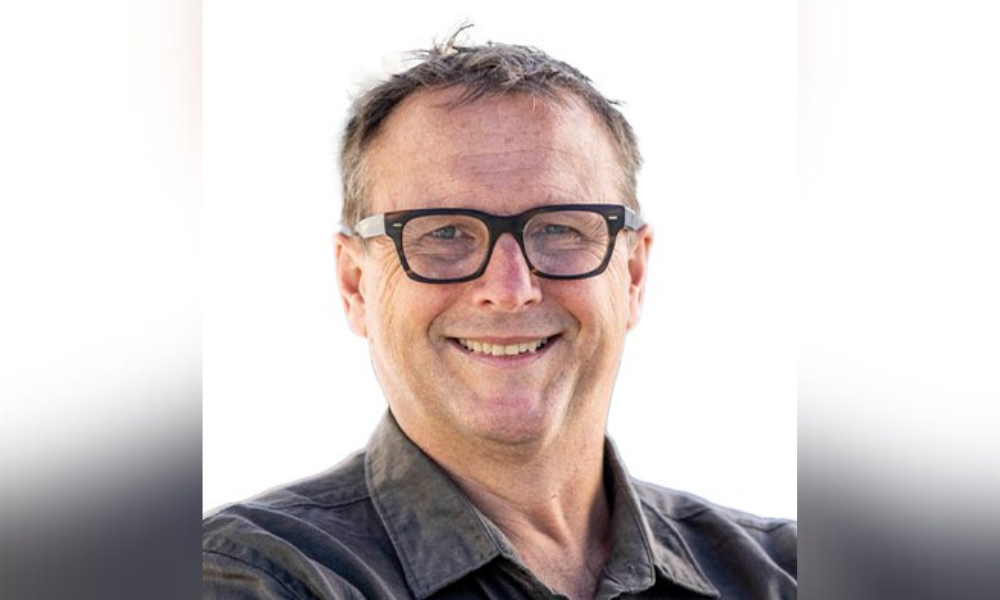
Philip Doak of Ports of Auckland to speak at upcoming HR National HR Summit New Zealand

Striking the right equilibrium between compliance and a vibrant workplace culture can be a delicate balancing act.
To that end, Philip Doak, general manager of safety & wellbeing; head of culture & leadership at Ports of Auckland, brings a unique perspective to workplace wellbeing.
“HR is particularly bad at finding catchphrases; it's the latest sparkly thing, and we all run to it, when we should be looking at ‘What does our organisation need and, more importantly, in this space, what do our people need?’” said Doak.
Doak will be speaking at the upcoming HRD National HR Summit New Zealand in a panel discussion titled “Effective Wellbeing Strategies for Building a Resilient Workforce,” along with Katrina Hau, director of people experience at Auror, and Ceri Rowland, chief people officer at Douglas Pharmaceuticals, one of The Best HR Executives in Australia and New Zealand.
Doak told HRD he’ll be bringing to the panel a “slightly different perspective” but he’s looking forward to the opportunity of collaborating with the wider industry.
“There’s so many stories and so much learning to be had by collaborating and sharing of information,” said Doak as he highlighted his experience when the entire port industry had to take a close look at its procedures because of the injuries and deaths occurring at ports throughout New Zealand.
“They came together as an industry to share examples and provide that leadership and it was absolutely the right thing to do. That's part of why you collaborate, you learn from other people's mistakes so you don't have to make that mistake yourself and you can learn best practice,” he said.
Wellbeing should not be isolated from health and safety as it inherently falls under the broader umbrella of occupational health, said Doak.
“A lot of it is about compliance, so putting a legal hat over it is good.”
However, for Doak, the most important element in wellbeing is culture. “It is so people-oriented that actually it's the cultural part of it that's the most important.”
Giving the example of a “very sophisticated” wellness program executed at the Port of Auckland that didn’t quite hit the mark, Doak explained, “Wellbeing is very personal and can be a confronting exercise for individuals. I don’t think people were necessarily quite willing to share all their personal data in that sort of a way.”
It’s about understanding the role of an employer “in pushing wellbeing or wellness onto an individual, when wellbeing is an individual's choice,” he said.
Doak suggests organically working with your employees to help them make the right decisions in life.
“Driving people’s purpose and connecting their purpose with the purpose of the organisation is the real foundation. It’s how you develop a really good relationship with the employee and it’s a two-way relationship,” he said.
While that might not fix wellbeing problems overnight, “it creates that psychological safety and, in a nutshell, that's really the secret sauce to it – the wellbeing piece can be confronting, so you’ve got to build trust first,” said Doak.
To hear more about the wellbeing strategy at Ports of Auckland, register for the HRD National HR Summit New Zealand here.